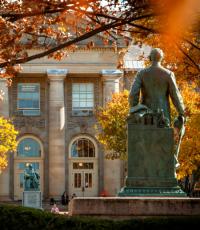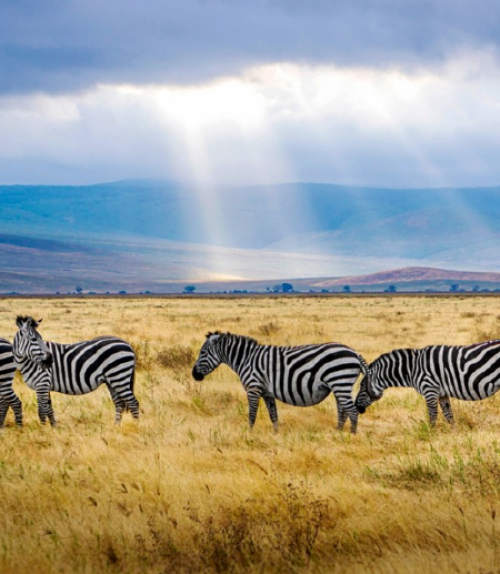
 Department Homepage
The College of Arts & Sciences
Department Homepage
The College of Arts & Sciences
Migrations initiative announces cross-campus awards
What impact does weather have on Mexican migrants’ decisions and routes? What is the connection between contemporary human migrations and the forced migration of the African slave trade?Can we relocate a sinking city to become a new political crossroads and hub of biocultural diversity? And how are emerging diseases like COVID-19 related to the increasingly mobile practices of humans and animals?


